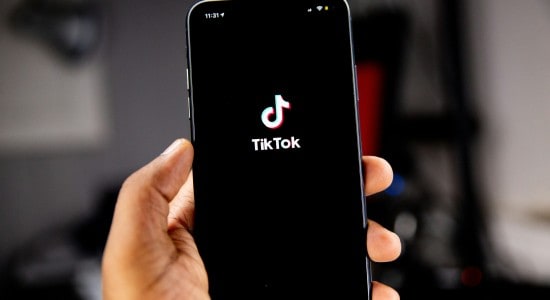
Several lawmakers pointed to India’s 2020 decision to ban the app.
Washington:
U.S. lawmakers on Wednesday cited India’s bold move to ban TikTok four years ago when they voted in favor of legislation regarding the Chinese app.
In a major bipartisan move, the House of Representatives passed the Protecting Americans from Applications Controlled by Foreign Adversaries Act 352-65, sponsored by Indian-American congressmen Raja Krishnamoorthi, a Democrat, and Co-authored by Republican Congressman Mike Gallaghe.
The bill, which seeks to control U.S. ownership of foreign apps like TikTok, is before the Senate and then sent to the White House for the president to sign into law.
Several lawmakers pointed to India’s 2020 decision to ban the app.
Congressman Greg Murphy’s office said in a statement that in 2020, India banned 59 Chinese-created apps, including TikTok, emphasizing that the top priority of these apps is to defend India’s national security.
TikTok executives’ lack of transparency and reluctance to protect user privacy and information has also prompted neighboring governments such as the European Union and Canada to ban the app on government devices.
“China is using TikTok to target, surveil and manipulate American citizens,” Murphy said.
“The app collects sensitive user data and shares it with the Chinese Communist Party and its intelligence services. Under its current ownership, it poses a serious national security threat,” he said.
House Republicans say China’s ambitious data collection goals and a documented lack of transparency about TikTok and its executives’ data and moderation practices have prompted governments including the United States, the European Union, Canada, India and several U.S. states to ban Use apps on government devices.
The White House said the bill would be signed into law by the president after it passes the Senate. At the same time, it insists the bill does not ban apps such as TikTok.
“We are pleased to see this bill moving forward. We will look to the Senate to take swift action. As we have said, this bill is important and we welcome this move,” National Security Advisor Jake Sullivan said. and continuing efforts to address threats posed by certain technology services operating in the United States that put Americans at risk. “Our personal information and Broader national security, including the manipulation of Americans’ opinions and beliefs by foreign powers. “
“The national security adviser made it very clear yesterday. Do we want Americans’ private data, does it have to be here or in China?” Jake Sullivan said. “Do we want companies to be owned here or in China? That’s what he said. I also want to be clear here: This bill is not going to ban apps like TikTok. As I just said, what it’s going to do is make sure that these apps Ownership of programs does not fall into the hands of those who could exploit them or cause us harm,” she said.
“So, this is going to be a process. We want the Senate to act and act quickly. We’ve said it before on every piece of legislation in Congress that we’ve been a part of: We provide technical support. That’s what we’re doing in the House process We will definitely do that in the Senate process,” she said.
Rep. Gregory W. Meeks, the ranking member of the House Foreign Affairs Committee, said in a statement that he voted against legislation that would effectively ban TikTok unless an elusive Strip.
“This legislation gives the executive branch broad discretion with little congressional oversight, a move unprecedented in American history,” he said.
The bill requires TikTok to sever ties with the Chinese Communist Party (CCP) to help protect the data of tens of millions of Americans, especially children, and mitigate national security risks posed by the brutal regime.
“This important legislation seeks to counter the Chinese Communist Party’s efforts to influence public opinion, especially among younger generations, through the use of the social media app TikTok and prevent the collection of data about Americans,” Congressman Chris Smith Presided over nearly 100 congressional hearings on the CCP’s serious human rights violations.
The House’s passage of the bill comes less than a week after Smith pressed TikTok executives for answers about the Chinese-owned company’s recent recruitment of U.S. minors in a sweeping lobbying campaign against the bill.
(Except for the headline, this story has not been edited by NDTV staff and is published from a syndicated feed.)
wait reply load…
Follow us on Google news ,Twitter , and Join Whatsapp Group of thelocalreport.in













